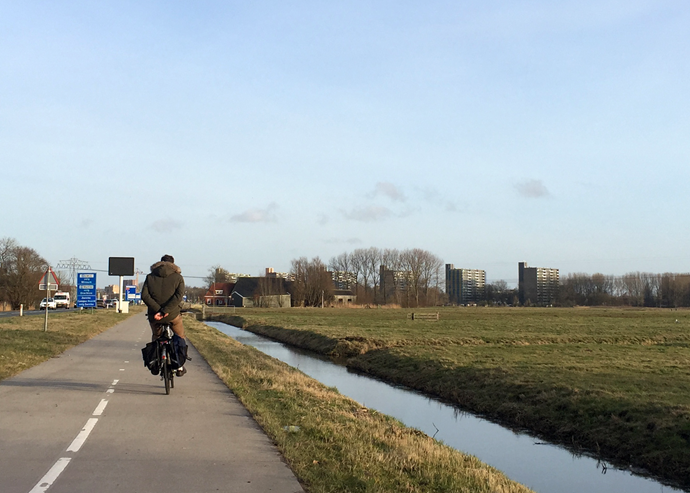Switching to an e-bike? Affordability and perception more important than environmental pluses

The choice whether or not to buy an electric bicycle is mainly determined by cost considerations, bicycling pleasure, the expected health benefits and the image of the consumer. Motives such as sustainability or safety appear to be less important. These are the conclusions of Paul Plazier in his PhD thesis. Plazier will be awarded a PhD by the University of Groningen on Thursday 5 July.
Important life events such as moving house, a new job or the birth of a child are strong stimuli behind the decision to buy an e-bike for the first time. When such stimuli are not present, information campaigns, financial rewards and free trial opportunities could promote the use of e-bikes.
Relatively expensive
After studying the results of several research projects, Plazier concludes that electric cycling has an influence on the distance cycled, the time cycled, the flexibility and the cyclists’ sense of autonomy. A continued increase in the use of e-bikes could be at the expense of other active means of transport, such as walking or cycling without electric support. So switching to an e-bike does not always result in increased sustainability or health benefits. Add to that the fact that electric cycling is relatively expensive, making it less accessible to people with less to spend.
Designing infrastructure
Electric cycling has an effect on the physical and mental experience of users. Plazier says that this should be taken into account when designing infrastructure. Measures could then be taken to guarantee the safety of all road users.
More information
- Contact: Paul Plazier, via the Communications Department: +31 50 363 4444
More news
-
01 December 2025
The power of movement


